Blue Monday is sometimes believed to be the year's bleakest and most depressing day, meaning it can be a tricky one to navigate.
However, in reality, there is no science to substantiate the claim that the third Monday in January (for 2022, that happens to be January 17) is actually any worse than any other.
But while Blue Monday is a myth (reportedly invented on behalf of a travel company), everyone has bad days, regardless of the date.
Read on for some of the best tips for banishing the blues, whatever day it is.
1. Meditate
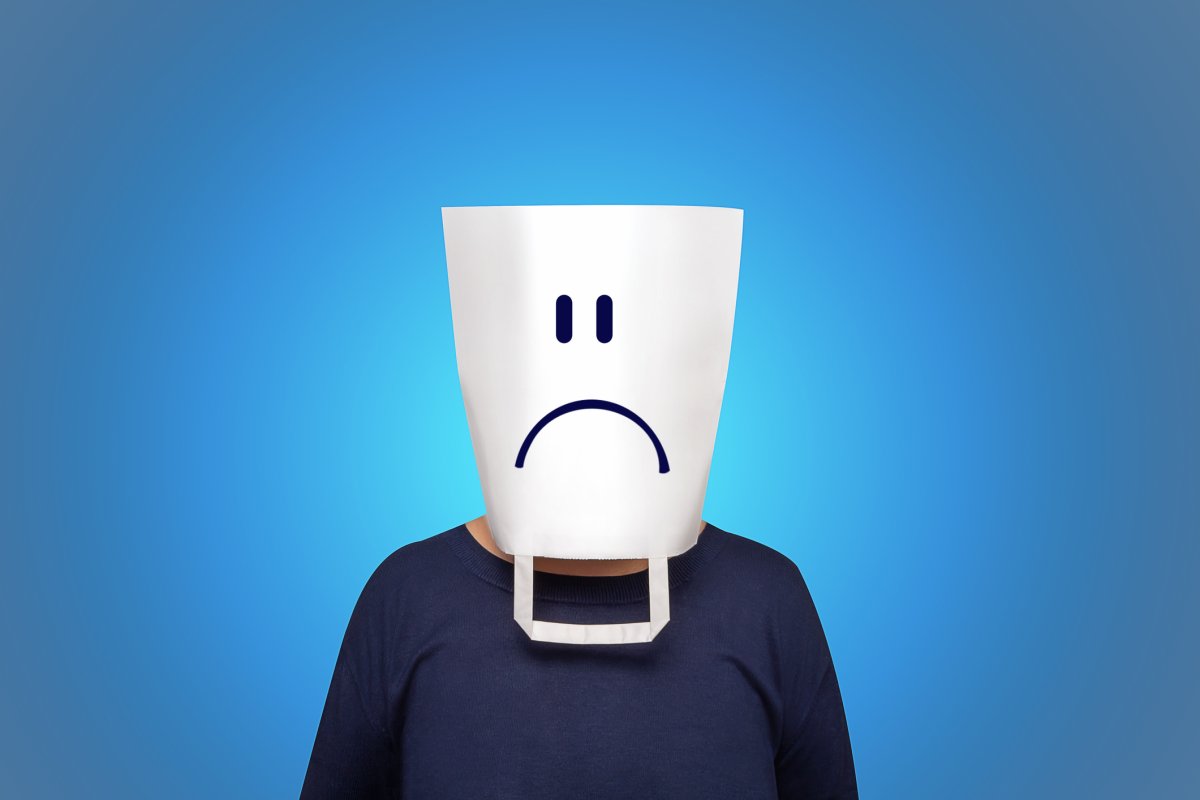
Nick Woodward, Founder of Essential Living, suggests mindfulness meditation has many positive health benefits, from improving immune system functions, to improving interpersonal relationships, and reducing stress and anxiety.
He says: "Meditating is surprisingly simple. All you need to do is find someplace quiet and relaxing, and dedicate a minimum of 15 minutes to freeing your mind of thoughts, deliberately letting each thought go until you achieve a pure state of mindfulness.
"Whilst it may take some practice to get used to the process, once you do, you'll start noticing yourself more hyper-focused in everyday situations."
2. Eat Well

David Wiener, Training and Nutrition Specialist at Leading Fitness App Freeletics, suggests "eating a rainbow" can do wonders for improving mood.
He says: "Many people don't realize that food is not just a source of energy for the body, the nutrients it contains also act as messengers, helping different organs (including the brain) to communicate and function optimally.
"Aim to increase your intake of colorful fruit and veg by setting yourself realistic targets (eg. Two to three different colors of veg with each evening meal and a side salad with every lunch)."
3. Go Gardening
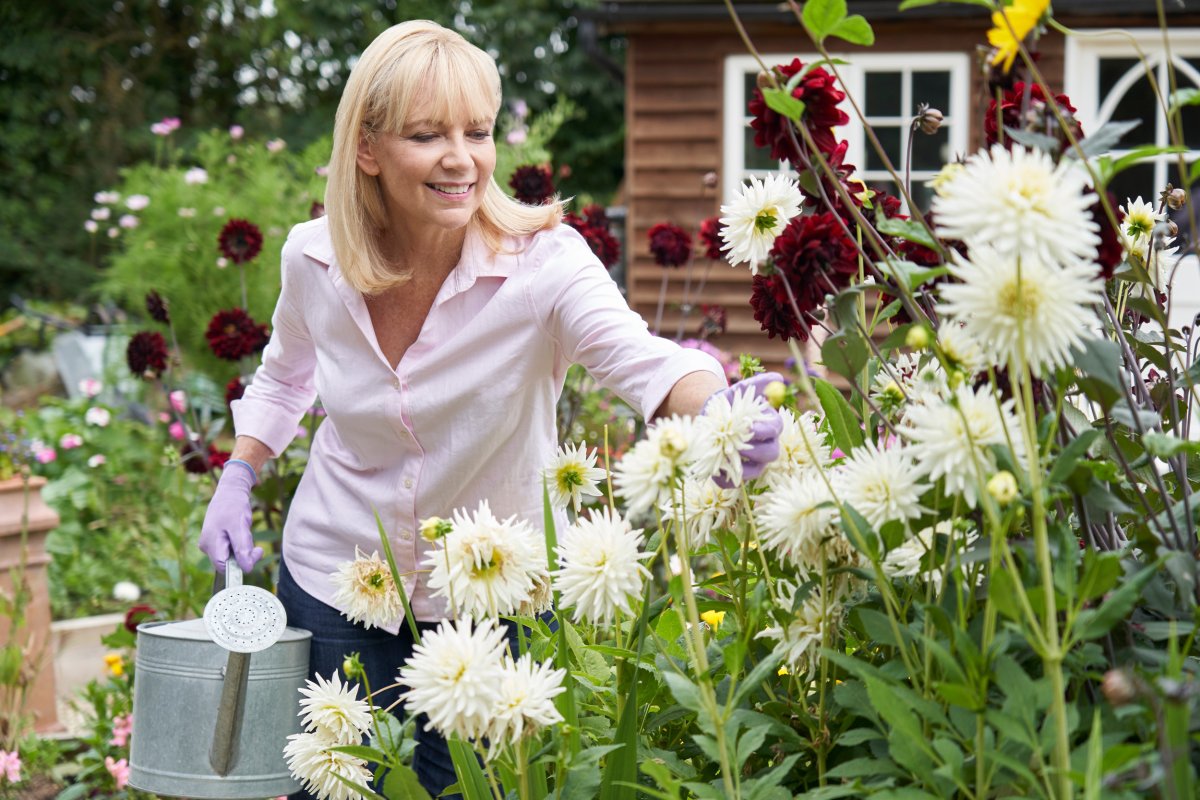
Sutton Manor Nursery suggests gardening is not just an activity to make your Blue Monday greener.
A spokesperson says: "A study based on research in four San Francisco hospitals found 79 percent of patients felt more relaxed and calm after spending time in their garden.
"It has the unique ability to make your whole life that little bit greener. Anyone, any age, can get involved. It's readily available, not too strenuous, and an amazing way to switch off from all life's stresses.
"The positive effects gardening can have on an individual's mental and physical well being are undeniable. Individuals have the chance to focus on, maintain and achieve goals in a relaxed environment all while getting you outdoors and active, both things this crazy pandemic life has taken away from many of us.
"With a huge community of gardeners worldwide, it doesn't have to be an individual activity if you don't want it to be. That's the truly amazing part about working with plants and gardening, there's no pressure."
Dr. Nooshin Razani, a pediatrician and nature researcher with UCSF Benioff Children's Hospital Oakland, appears to agree, telling Newsweek: "Within 15 minutes of being in nature, your stress level goes down, your heart rate, blood pressure improves".
4. Embrace The Light
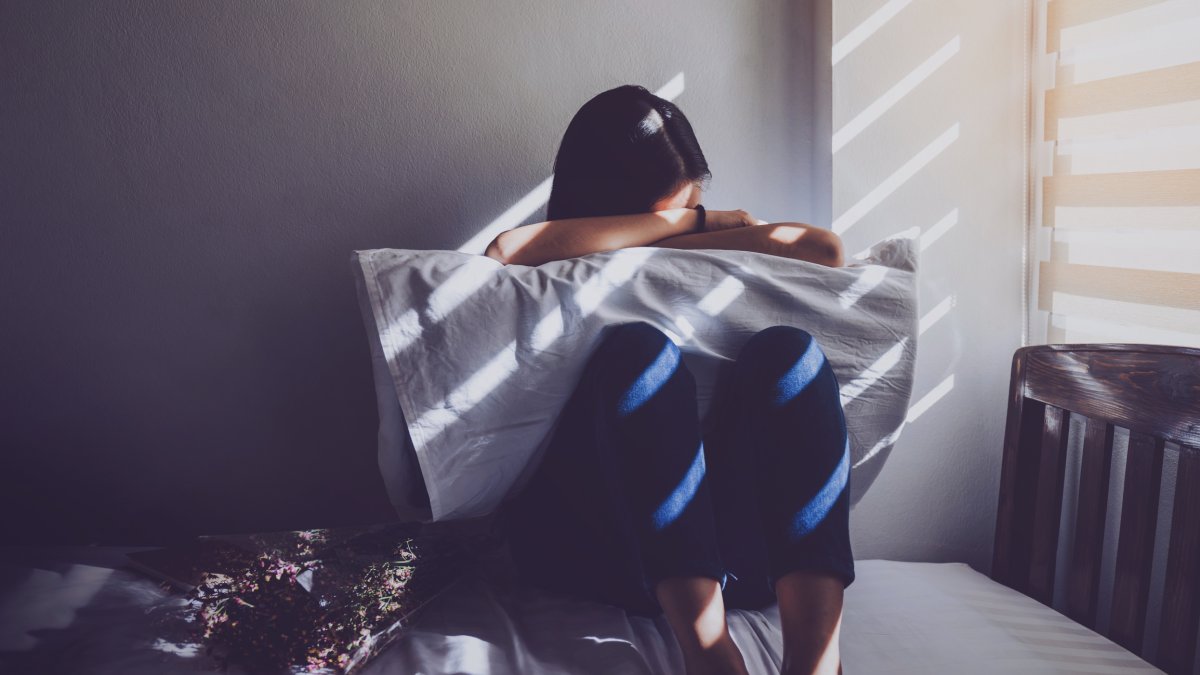
Lou Campbell, co-founder and programs director of Wellbeing Partners, experts in employee mental health, believes "the number one priority" is to gain access to light, which improves serotonin function and mental wellbeing.
She says: "Where people are homeworking, they should work in a part of the home that has significant light – ie, to position their desk facing a window.
"It's important to take a break from work in daylight hours - go outside to maximize daylight. It's all too easy to sit at a desk all day and miss out on this valuable light."
5. Disconnect From Smartphones
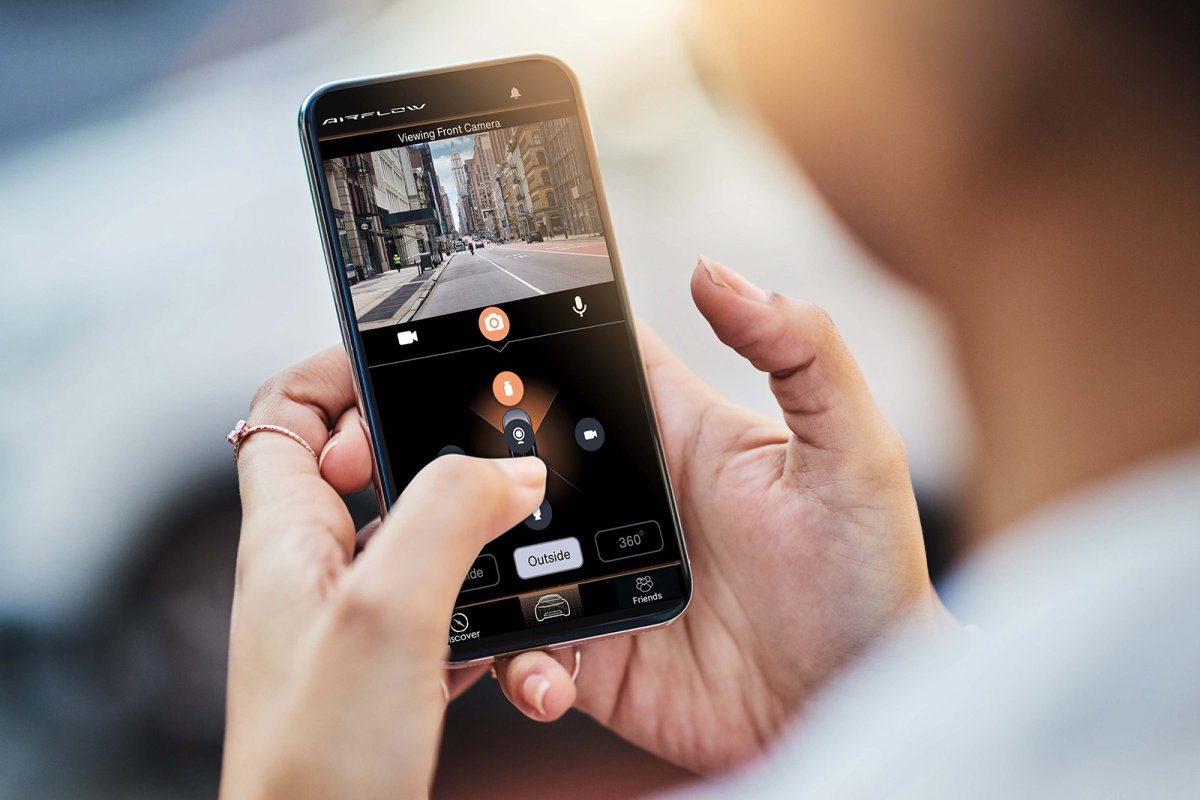
Tom Peet, Director at Repair Outlet, encourages the use of a "wellbeing burner" in 2022 to beat the blues.
He says: "We want to encourage people to consider using a 'Wellbeing Burner' this year to help protect their mental wellbeing. This trend involves smartphone users owning a second mobile handset that is low-priced and has limited functions for when they are feeling emotionally burnt-out from the pressures of social media and being online.
"This way they can still get in touch with essential people, but without all the overwhelming pressure that comes with owning a smartphone.
"We don't think it's realistic to entirely cut out owning a phone in this day and age, which is why we want to propose that people invest in a Wellbeing Burner for a little break without the finality or impracticalities of deleting social platforms and apps altogether."
6. Try Fermented Food
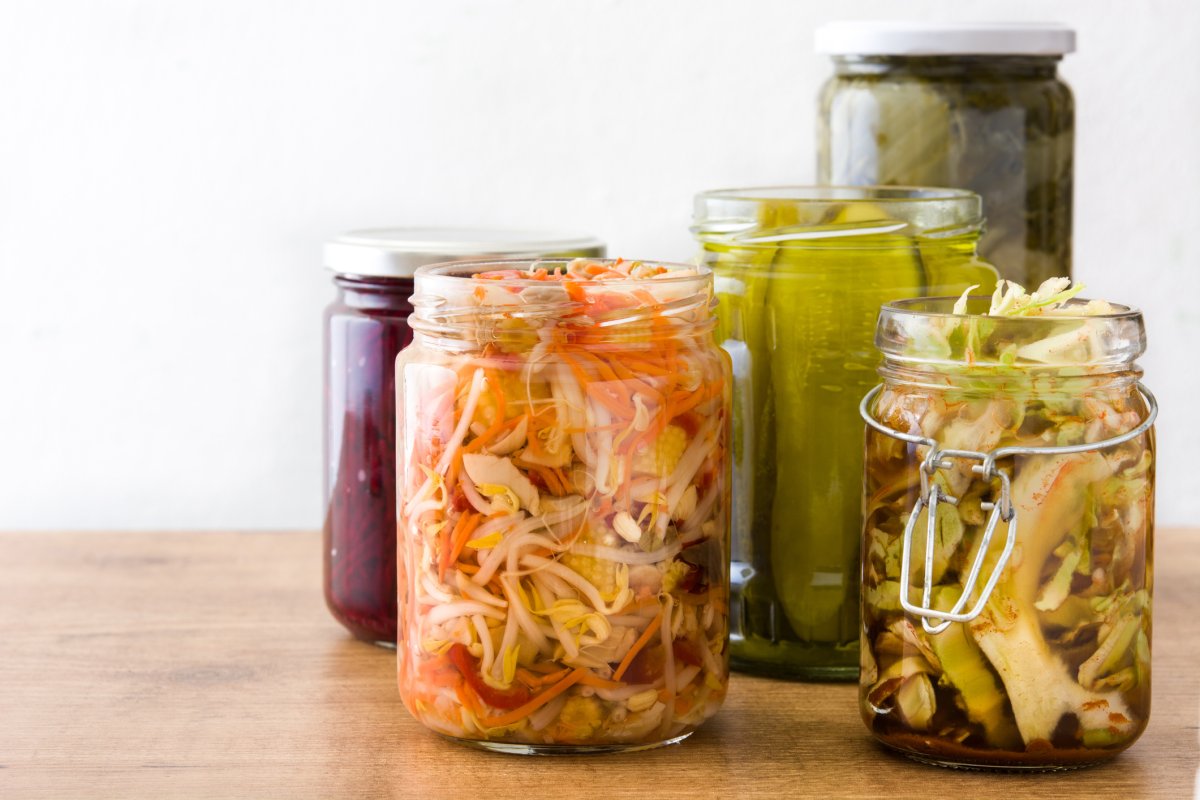
Registered nutritionist and Remedy ambassador Rhiannon Lambert suggests embracing food and drink that can help support your mood, such as ferments.
She says: "There is a genuine link between food and mental health," says Rhiannon. "Your gut, which consists of no less than 100 trillion bacteria, has its own nervous system called the enteric nervous system and, while its main purpose is to regulate digestion, it also has a strong connection to the brain and can have a major impact on your mental wellbeing."
"Fermented food and drinks, which have been around for thousands of years, are really good for you – think kimchi, kombucha, sauerkraut, tempeh, miso and natural, unsweetened yogurt.
"These types of foods feed the beneficial bacteria in the gut, which produce short-chain fatty acids to support the communication loop between our brain and gut. This can improve mental clarity and positive state of mind."
7. Unplug From Social Media

Stephanie Taylor, Health and Wellbeing Expert at StressNoMore, suggests if you are endlessly switching between social media apps, it may be worth taking a break.
She says: "One study found that using Facebook for 20 minutes or more per day negatively correlated with mood. It found that users turned to the social media platform to feel better but often felt that they had wasted their time.
"If you've had a similar experience but don't feel as though you can cut out using social media apps altogether, consider putting on a timer. Alternatively, set aside a portion of your day to use social media and try to stick to it."
8. Give Journaling A Go
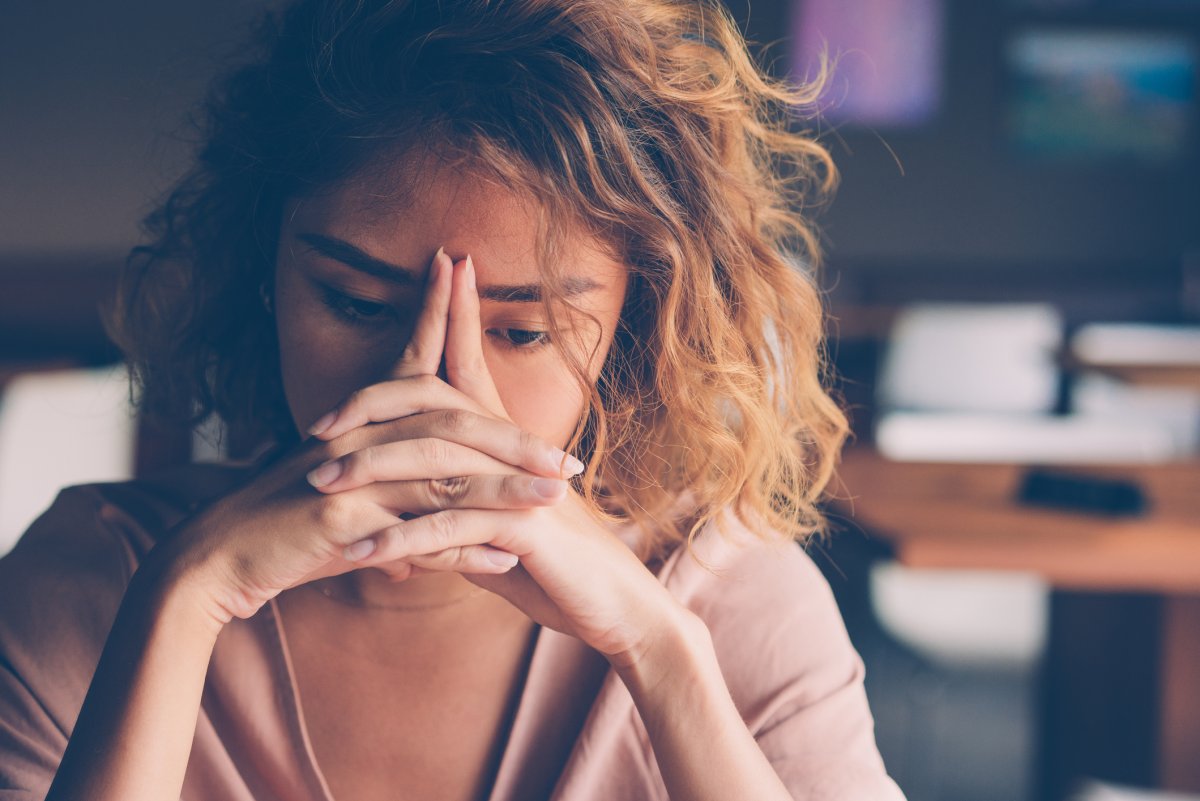
Writing has long been credited with keeping the brain active and boosting memory, but journaling may help reduce overwhelming and anxious feelings.
Rebecca Lockwood, Positive Psychology and Coach Trainer, believes journaling is "a powerful way to get what is going on in your mind, out on paper,"
She says: "If you ever feel overwhelmed, anxious, or down, and would like to either explore these feelings further in order to have an understanding of why you feel like this—or just get it out of your mind—then journaling can really help let it all out."
9. Create Routines

Feel Good Contacts teamed with business psychologist Jan P. de Jonge to suggest how building a routine can help, especially when working from home.
He says: "Structure makes our brains happy because the patterns and routines we don't have to think about will allow our brain to go into autopilot.
"Establishing and sticking to a set routine (with some room for flexibility) will give your day some structure. This should make you more at ease in these uncertain times.
"A routine is just as important for your mental health as it is for your productivity levels. It can be as simple as getting up at the same time, reading a book or doing a workout, making a coffee and breakfast, then setting down to start your workday. Personalize the routine to work for you."
Is Blue Monday Real?
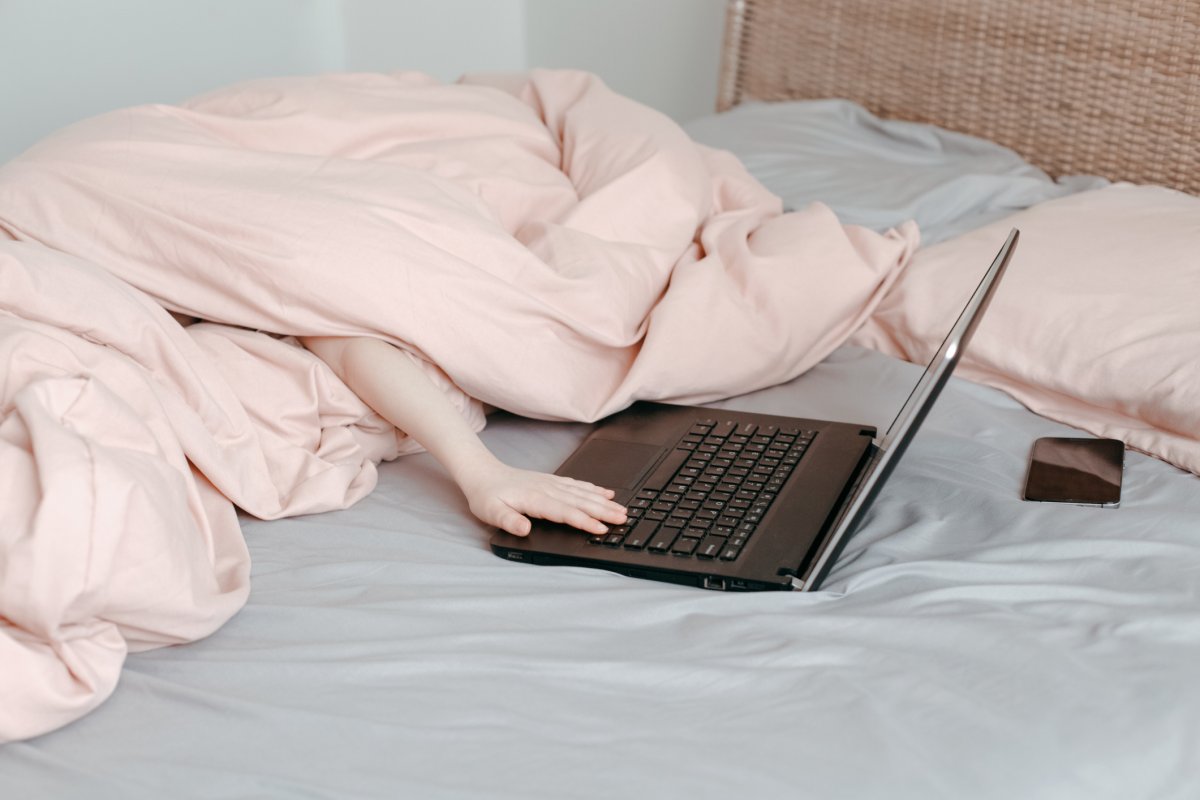
The idea of Blue Monday was first coined in 2004 by psychologist Dr. Cliff Arnall, who came up with a "formula" for the January blues when commissioned to advertise Sky Travel.
The lighthearted hypothesis took into account a range of factors likely to contribute to low mood, including weather, debt and salary.
Craig Jackson, Professor of Occupational Health Psychology at Birmingham City University, is among the experts suggesting the concept of Blue Monday could even be potentially harmful.
He tells Newsweek: "The notion of Blue Monday can be dangerously misleading for people who struggle with mental health issues and suicidal thoughts. Sufferers' feelings and experiences are not dictated by what day of the month it is.
"It also weakens general compassion and diminishes the understanding of such conditions by laypeople—Blue Monday implies that psychological and psychiatric struggles are on parity with 'feeling a little glum' and are very transient, and easily 'shaken off'."
Dr. Marianne Trent, clinical Psychologist and founder of Good Thinking psychological services, appears to agree, adding sadness is not necessarily a bad thing.
She says: "It's actually okay not to keep the sadness at bay or to need to distract ourselves from it.
"Sometimes it can be really useful to lean into difficult feelings and actually by doing so it can help us to notice areas of our lives which are feeling less gratifying.
"When we are able to do this we can come up with new ways to tackle situations which might help our lives move forwards with less resistance and more vibrancy."
Regardless of the time of year, many people can feel despondent or depressed and the most constructive step is to seek help.
This can involve simply speaking to a friend about concerns, or using one of the many mental health charities like Mental Health America, National Alliance on Mental Illness, or Samaritans USA, which are dedicated to offering advice and understanding to people struggling with their mental health.
If you identify with the themes in this article, confidential help is available for free at the National Alliance on Mental Illness (NAMI). Call 1-800-950-6264 or email info@nami.org. Support is available Mon-Fri between 10 a.m and 10 p.m. ET.
Uncommon Knowledge
Newsweek is committed to challenging conventional wisdom and finding connections in the search for common ground.
Newsweek is committed to challenging conventional wisdom and finding connections in the search for common ground.
About the writer
To read how Newsweek uses AI as a newsroom tool, Click here.






